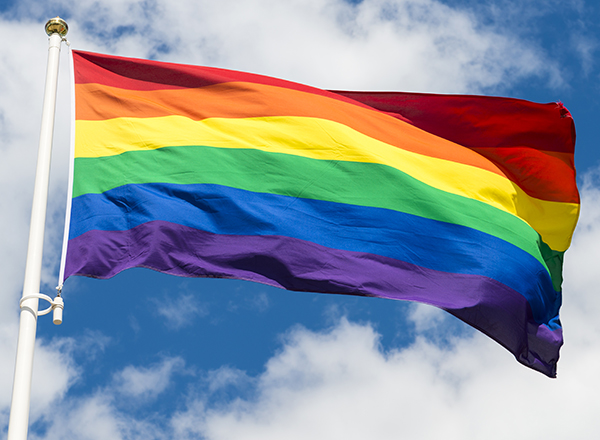The controversial Ghana’s anti-LGBTQ+ bill has made a major return to Parliament, as ten Members of Parliament from both sides of the House reintroduce the bill, also known as the Human Sexual Rights and Family Values Bill, 2025.
The bill, which was presented on Tuesday, October, 2025, is expected to receive its first reading as Parliament resumes sitting.
The main drivers behind this move are: John Ntim Fordjour (Assin South), Samuel Nartey George (Ningo-Prampram), Emmanuel Kwasi Bedzra (Ho West), Helen Adjoa Ntoso (Krachi West), Nurideen Muhammed Mummuni (Nalerigu Gambaga), Vincent Ekow Assafuah (Old Tafo), Alhassan Tampuli Sulemana (Gushegu), Rita Naa Odoley Sowah (Dadekotopon), Dr. Tiah Abdul Kabiru Mahama (Walewale), and Anthony Mmieh (Odotobri).
The bill seeks to impose strict penalties on LGBTQ+ activities in Ghana. It proposes jail terms for same-sex relationships, public displays of affection, and the promotion of LGBTQ+ content. It also seeks to ban transgender healthcare, dissolve LGBTQ+ organisations, and criminalise any form of support or sponsorship for such groups.
A similar bill was passed by Parliament in February 2024, but it could not become law because it was not signed by then-President Nana Akufo-Addo before the previous Parliament was dissolved. As a result, the sponsors have reintroduced the bill, which will now go through the entire legislative process again.
According to John Ntim Fordjour, the failure of President Nana Akufo-Addo to sign the bill contributed to the loss in the last election.
“When my government was in power, I was very bold and vocal at every stage of the bill’s enactment. Even when it faced legal challenges after passing Parliament, which prevented it from being transmitted to the President, I was bold enough to say that if these obstacles had been removed, and President Nana Akufo-Addo had signed it, it would have served this nation much better.
It would have also enhanced the image of my party, and the outcome of the 2024 election would have been different,” he emphasized.
President John Dramani Mahama has expressed his support for the idea behind the bill but believes that such a sensitive piece of legislation should come from the government rather than private members. If passed, the new bill would make Ghana’s anti-LGBTQ+ laws even tougher, imposing heavier punishments on anyone found guilty of violating its provisions.
This renewed legislative push, led by Sam George and Ntim Fordjour, revives efforts to pass the Proper Human Sexual Rights and Ghanaian Family Values Bill, 2021, a bill that has sparked strong debate and drawn attention from international human rights groups. The original bill proposed up to three years in jail for individuals involved in same-sex relationships and up to ten years for people or groups promoting or funding LGBTQ+ activities.
Despite heavy pressure from global organisations such as the United Nations and Amnesty International, who have described the bill as a violation of human rights, the ten MPs have vowed to continue their campaign.
Earlier this year, progress on the bill was passed after some citizens filed injunctions at the Supreme Court, challenging its constitutionality. Although the Court has yet to give a final ruling, the sponsors are pushing ahead to ensure the bill remains active in Parliament.
The reintroduction of the anti-LGBTQ+ bill, a proposal that has stirred emotions, sparked protests, and divided opinion across the country and beyond, is expected to dominate parliamentary discussions in the coming weeks.
The Committee on Constitutional, Legal, and Parliamentary Affairs had previously received over 150 submissions from religious groups, civil society organisations, traditional authorities, and international observers during earlier hearings.
While faith-based groups and traditional leaders continue to strongly support the bill, human rights advocates have promised to step up their campaigns against it. The Speaker of Parliament is expected to refer the bill to the appropriate committee for review, officially beginning its second legislative journey.

